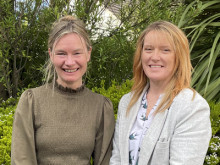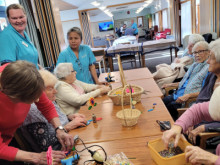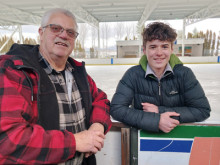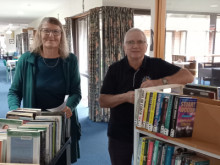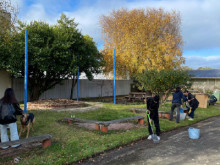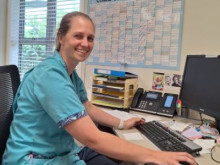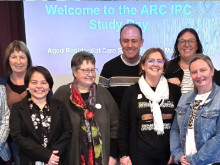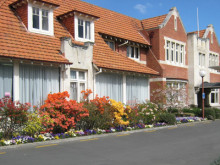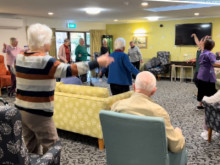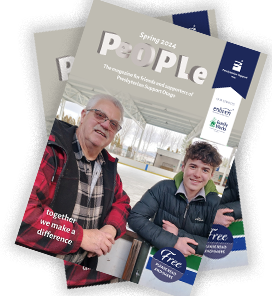The decision for an older person to move out of their own home and into residential aged care is not an easy one to make. More often than not, it’s not their decision, rather it’s the decision of family members and GP advice.
University of Otago sociology academic, Dr Myunik Panthi, originally from Nepal, researched the transition to residential care as part of her PhD research. She also works as a health care assistant at Ross Home.
Families of older people can find themselves making the difficult decision that a parent is no longer able to safely manage living in their own home or it could be based on the advice of a GP. After a formal clinical assessment, the parent may be moved into a care home.
Through her research, Myunik discovered that older people suffer trauma from the experience, largely due to a lack of time to get used to the idea that they are going to be moving.
“Participants were devastated when they moved into care as the choice was taken away from them because of how unwell they had become, often moving into care from hospital,” says Myunik.
“They felt trauma and there was no time to process the idea. Before they knew it, the decision had been made.”
Typically, it will take between six months to a year for an older person to settle into their new surroundings. They have a lot to deal with and support mechanisms are very important. This includes the support they receive from their GP as it is common for the GP to suggest moving into aged care.
Aged care staff are well trained to provide clinical and wellbeing care. Support must come from both family members and staff of the care home.
“Understanding what they like, knowing something about their lives and background and what they used to do in the community will help them settle and start to feel a sense of belonging.”
“Sometimes their past interests and hobbies can be replicated in the care home. It could be coordinating a group, baking or taking part in arts and crafts activities.”
“To help avoid trauma of moving, visiting care homes in advance and experiencing some activities and seeing first-hand what care and activities are being offered could go a long way to helping the person have a more positive experience if and when they need to move permanently.”
“My research also found that residents need to get out and see a bit of the wider world. Going out with friends and family can be hugely beneficial.”
We would like to thank Myunik for her passion and dedication in the care of older people. We are very excited to have her as part of the team at Ross Home.
The complete research paper can be accessed online. The publication details are as follows:
Panthi M. Adaptation to Residential Care: Voices from New Zealand. OBM Geriatrics 2023; 7(4): 259; doi:10.21926/obm.geriatr.2304259.

